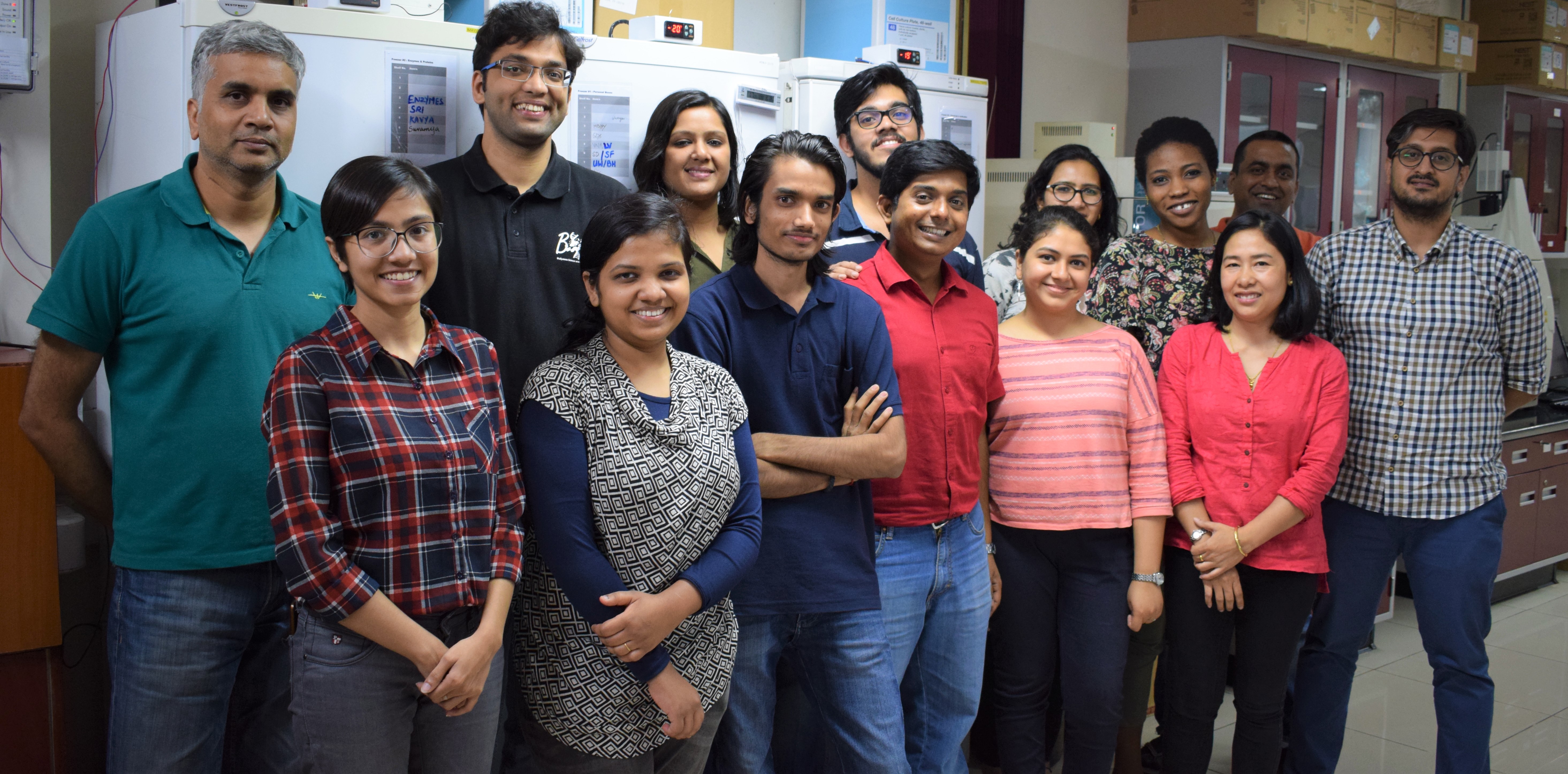Attacking inflammation to counter morbidity in ageing and cancer therapy
Inflammation, characterized by pain, heat and swelling, is the body’s response to harmful conditions such as infection and cellular damage. Through inflammation, the body ensures the removal of pathogens, dead cells and regeneration of damaged tissue. However, when the inflammation persists for years permanent tissue damage and even cancer can occur. It has also been found that older individuals have higher levels of inflammation that can persist to chronic levels.
Towards understanding aging and inflammation, Dr. Deepak Saini’s lab focuses on a class of receptors known as G protein-coupled receptors (GPCRs) and their roles in the cascade of events which occur when cells grow old aka ‘aged’. In a recent study, his group found the mechanism which enhances inflammation when cells undergo DNA damage. Interestingly, they have found that the same mechanism is responsible for increased inflammation during ageing.
The study has identified the key molecular regulator responsible for the increased inflammation as CXCR4, a G-protein coupled receptor that is usually involved in development, movement of immune cells and is implicated in cancer metastasis. “Excessive inflammation damages healthy cells, which in turn results in more inflammation. Thus, it is essential to suppress excessive inflammation so that overall damage and systemic injury is limited,” Dr. Saini says.

Drugs like Rolipram, which are identified in this study, suppress damage that has been induced by excessive inflammation, can be used as supplementary therapy for those being treated for cancer. Additionally, targeting this pathway can potentially reduce inflammation associated ageing and allow individuals to age more gracefully.

Link to the article – https://www.nature.com/articles/s41514-018-0028-0 (pdf version)
Link to the website – https://sites.google.com/site/sainislab/home





